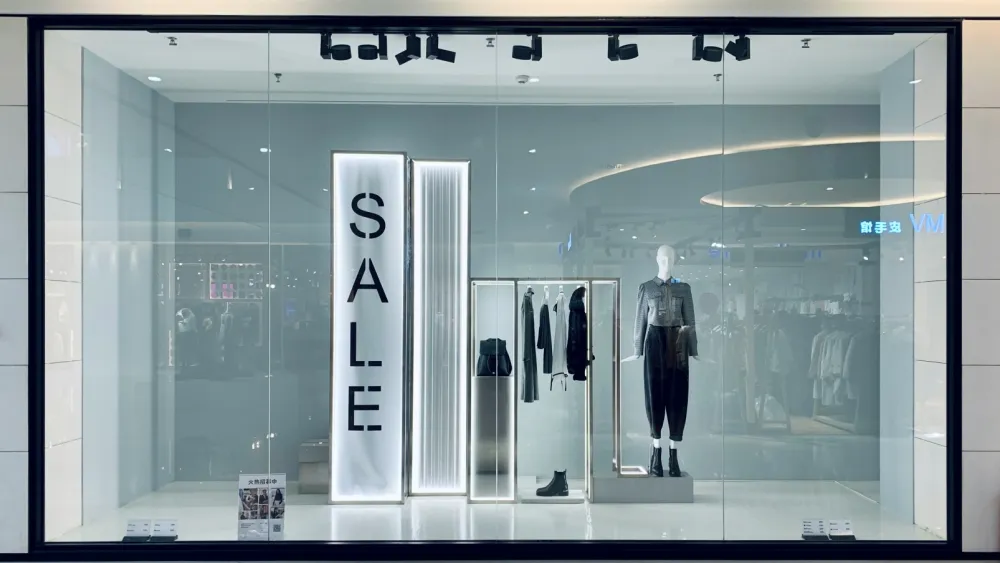Luxury sector boosts AI investments for personalisation
Luxury brands leverage AI for brand protection and supply chain management.
The luxury goods industry has significantly ramped up its investment in artificial intelligence, pouring over $360 million into AI technologies over the past three years—a 79% increase compared to the previous period.
"AI is definitely among the top three themes dominating investments in the luxury industry," said Sourabh Nyalkalkar, Practice Head of Innovation Products at GlobalData. This surge is driven by three main factors: personalisation, brand protection, and supply chain management.
Nyalkalkar explained that leading luxury companies like Chanel, Louis Vuitton, and Kering are heavily investing in startups and partnering with tech firms to enhance customer centricity through AI technologies. This strategic move helps these brands offer highly personalised experiences to their customers, which is a fundamental aspect of luxury.
Counterfeit goods have long plagued the luxury industry, eroding brand value and consumer trust. Nyalkalkar highlighted that luxury brands are hopeful that AI and blockchain technologies will help overcome this challenge. "Technologies like AI and blockchain can help them overcome these challenges in the coming times," he noted.
As luxury companies expand globally, managing inventory across diverse sales channels has become increasingly complex. "It is expected that AI tools will help them become more predictable in managing supply chains going forward," Nyalkalkar said.
He added that luxury brands are exploring various innovative AI applications to enhance their offerings. Computer vision technologies, such as body measurements AI, pose estimation, and gait monitoring, are being used to provide more accurate and personalised recommendations. "These applications indicate that the companies are moving towards personalization and becoming more customer-centric in their offerings," said Nyalkalkar.
Smart wearables and augmented reality (AR) technologies are also gaining traction. Companies like Cartier and Kering are enabling customers to try on products virtually, offering an immersive experience that bridges the gap between online and in-store shopping.
AI-generated models and digital fashion are reshaping consumer perceptions of luxury products and industry norms. "Virtual try-ons were a very big hit, particularly in the South Asian markets," Nyalkalkar observed. This trend indicates a growing consumer willingness to engage with luxury brands through innovative technologies.



















 Advertise
Advertise






Commentary
The festive season is a revenue moment – don't let friction or fraud derail it